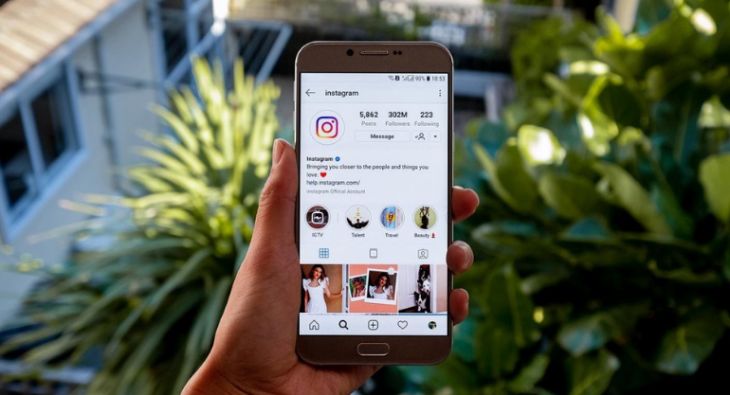What to Do When Your Instagram Account is Hacked?

What to Do When Your Instagram Account is Hacked?
What to Do When Your Instagram Account is Hacked?
n today’s world, rights violations don’t just happen in the physical realm. With the rapid integration of the internet and social media platforms into our lives, it’s highly likely that our rights can also be violated online.
You might wake up one morning to find that someone has created a "fake" Instagram account using your photos. Similarly, there’s a good chance you could come across a "fake" business account using your company’s information. However, there’s an effective law in place to protect our personal rights in the digital space.
The Law No. 5651 on Regulating Internet Publications and Combating Crimes Committed Through These Publications provides protective measures against violations of personal rights online. No matter the circumstances, if someone is attacking your personal rights on the internet, you can request the removal of such content from the court, and action can be taken within 24 hours.
What Happens If Your Instagram Account is Hacked?
This situation can manifest in different ways. Hackers might gain access to your existing account by sending phishing links or stealing your login credentials. Alternatively, they might create a new account using your personal information (photos, name, or company details) without your consent.
Often, these hacked accounts are used to scam your followers. They might send payment links asking for money or promote fake pyramid schemes with messages like, "I joined this account and made thousands, you should join too." These are entirely fraudulent attempts to deceive people.
In such a situation, the most important thing is not to panic. Clicking on suspicious links in a state of panic could lead to further damage. The most sensible steps to take are:
-
Contact the content provider (Instagram) in writing, informing them that the account does not belong to you, that your password has been compromised, and requesting the account be shut down immediately.
-
Consult a professional lawyer to request an access block
Who Can I Contact If My Instagram Account is Hacked?
If your Instagram account has been hacked, instead of calling a specific number, you can:
-
File a report with the public prosecutor’s office or law enforcement.
-
Submit a complaint to the Information and Communication Technologies Authority (BTK).
-
Request an access block from the Criminal Court of Peace at your local courthouse.
Where Can I Report Someone Who Hacked My Instagram Account?
The first solution that comes to mind when social media accounts are hacked is to file a complaint with the public prosecutor’s office under the Turkish Penal Code (TCK) for fraud. While this is a correct approach, it’s not always the most effective. Public prosecutors are often overwhelmed with heavy workloads, making it difficult for them to handle such cases efficiently.
A secondary and more effective method is to request an access block from the Criminal Court of Peace. According to Article 9/1 of Law No. 5651:
"Real or legal persons, institutions, and organizations claiming that their personal rights have been violated due to content published on the internet may request the removal of the content by notifying the content provider or, if they cannot be reached, the hosting provider. Alternatively, they can directly apply to the Criminal Court of Peace to request the removal of the content and/or blocking access to it."
The second paragraph of the same article states that the hosting provider is obligated to respond to content removal requests within 24 hours, making this a fast and effective method.
What Should I Do If a Fake Account Has Been Opened in My Name?
The protection provided by Law No. 5651 also applies to fake accounts opened in someone’s name. You can request an access block for such accounts, commonly known as "fake accounts."
The personal rights mentioned in the law include life, health, freedoms, honor, dignity, privacy, name, image, and emotional well-being. If someone opens an Instagram account using your photos without your consent and misleads third parties, it will harm your personal rights.
How Law No. 5651 Applies to Bungalow Scams
Not only individuals but also legal entities can have their rights violated online. If someone opens a fake account using your company, association, or foundation’s name and deceives people, you can request an access block for such content.
You can list the links you want removed, explain why they should be taken down, and submit your request to the Criminal Court of Peace. This process ensures a swift and effective response to protect your rights online.

